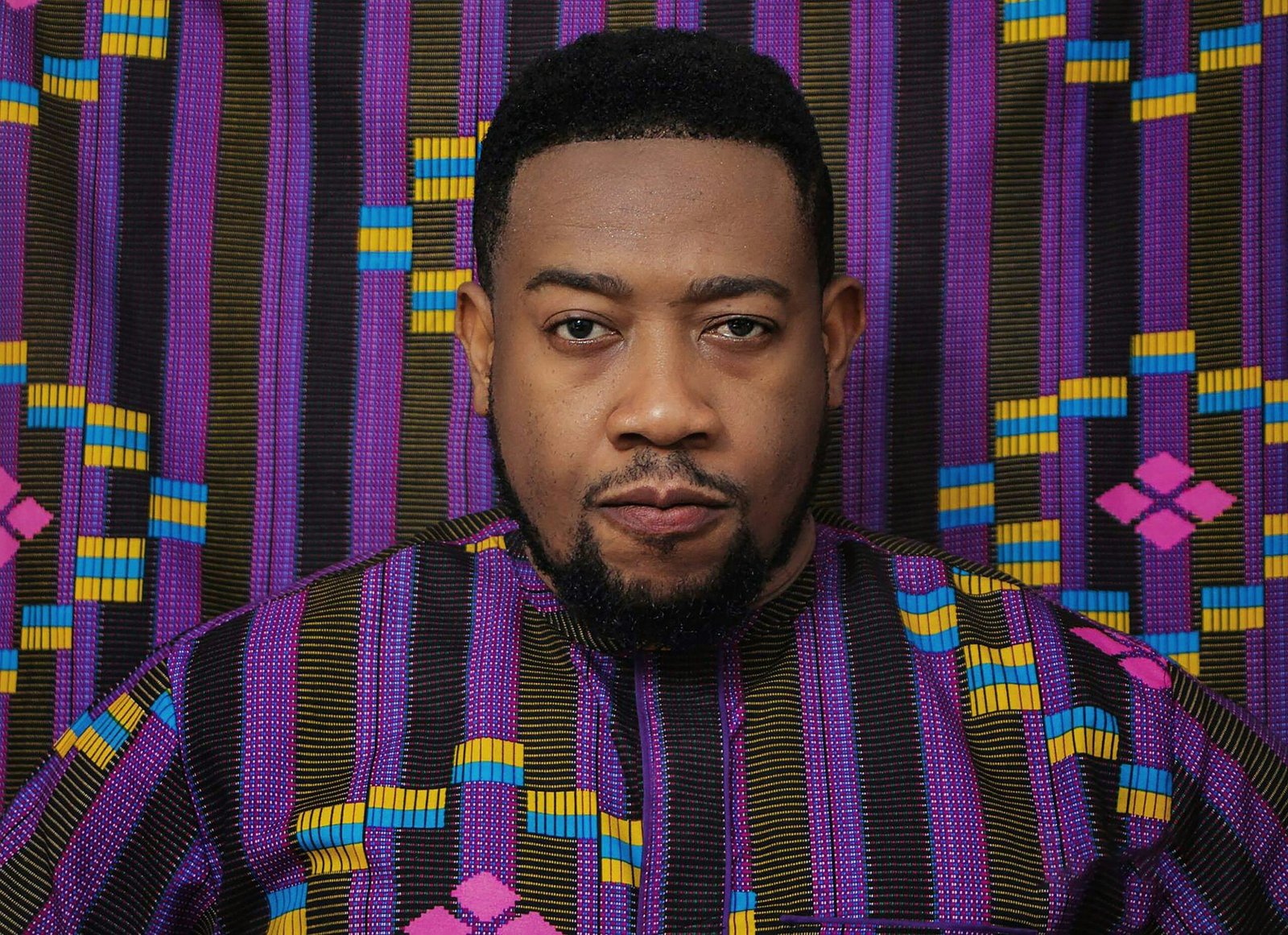Major Cultural Festivals and Events in Nigeria
Nigeria is a country of diverse cultures and traditions, and this vibrancy is prominently showcased through its numerous cultural festivals. Among the most celebrated is the Lagos Carnival, which takes place during the Easter period. Known for its colorful parades, elaborate costumes, and energetic dance performances, the Lagos Carnival draws inspiration from Brazil’s Rio Carnival. The event is a blend of music, dance, and other art forms, reflecting the multicultural essence of Lagos State.
Another significant event is the Calabar Carnival, dubbed “Africa’s Biggest Street Party.” Held every December, the Calabar Carnival features a month-long schedule of activities including street parades, concerts, and beauty pageants. The carnival aims to promote tourism and showcase the rich cultural tapestry of Cross River State, highlighting traditional music, dance, and visual arts.
The Osun-Osogbo Festival is a revered annual event held in August in the sacred Osun Sacred Grove, a UNESCO World Heritage site. This festival, dedicated to the river goddess Osun, includes rituals, prayers, and cultural performances. It is a vital part of the Yoruba religion and serves as a significant cultural and spiritual gathering, preserving age-old traditions and attracting numerous devotees and tourists alike.
In Lagos, the Eyo Festival is another grand celebration, marked by a majestic procession of white-clad masqueraders called Eyo or Adamu Orisha. This festival, believed to be the forerunner of modern-day carnivals in Nigeria, is deeply rooted in the history and traditions of the Yoruba people. It is often held in honor of the past Oba of Lagos and showcases traditional music, dance, and drumming.
The Argungu Fishing Festival in Kebbi State is a unique cultural event celebrating the end of the fishing season in the Sokoto River. Held annually in February or March, this festival features a series of traditional fishing competitions, canoe races, and cultural displays. The festival not only promotes the local fishing industry but also serves as a platform for showcasing traditional arts and crafts, music, and dance.
These festivals play a crucial role in preserving and promoting Nigeria’s rich cultural heritage. They provide a platform for showcasing traditional art forms, including music, dance, visual arts, and drama, thereby keeping these practices alive for future generations. Additionally, these events attract tourists from around the world, contributing to Nigeria’s cultural tourism and fostering a greater understanding and appreciation of Nigerian culture globally.
Cultural festivals in Nigeria serve as pivotal platforms for promoting the creative industry, significantly impacting artistic expression and economic growth. These festivals provide a unique stage for local artists, musicians, and performers to exhibit their talents, thereby gaining recognition both locally and internationally. Through these events, budding artists find opportunities to present their work to a broader audience, fostering a vibrant cultural scene that celebrates Nigeria’s rich artistic heritage.
One of the key economic benefits of cultural festivals is job creation. These events necessitate a wide range of services, from event planning and security to hospitality and marketing. Consequently, they generate employment opportunities for numerous individuals, contributing to the local economy. Additionally, cultural festivals attract tourists, leading to increased revenue for the tourism sector. Visitors spend on accommodation, food, transportation, and souvenirs, thereby boosting local businesses and stimulating economic activity within host communities.
The promotion of local businesses is another significant advantage of cultural festivals. Vendors and entrepreneurs often participate in these events, selling crafts, food, and other products that reflect Nigeria’s diverse cultural heritage. This not only enhances their visibility but also allows them to reach new customers, thereby expanding their market reach and fostering economic resilience.
Supporting and sustaining cultural festivals requires collaborative efforts between government bodies, private organizations, and cultural institutions. Government support often comes in the form of funding, infrastructure development, and policy frameworks that facilitate the organization of festivals. Private organizations contribute through sponsorships and partnerships, providing the necessary financial backing and resources. Cultural institutions, on the other hand, play a crucial role in curating and managing these events, ensuring they authentically represent Nigeria’s cultural diversity.
Examining case studies and success stories further underscores the importance of cultural festivals. Events like the Lagos International Jazz Festival and the Abuja Carnival have not only elevated Nigeria’s global cultural footprint but also nurtured its creative talents. These festivals demonstrate how strategic collaboration and investment in the cultural sector can yield significant rewards, enhancing both economic prosperity and cultural vibrancy.



